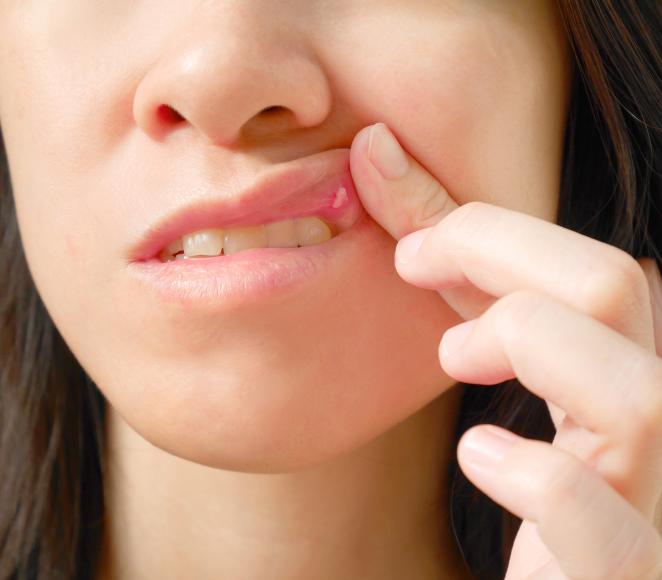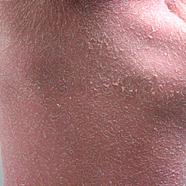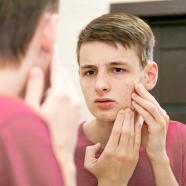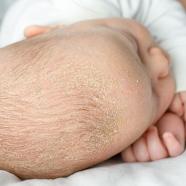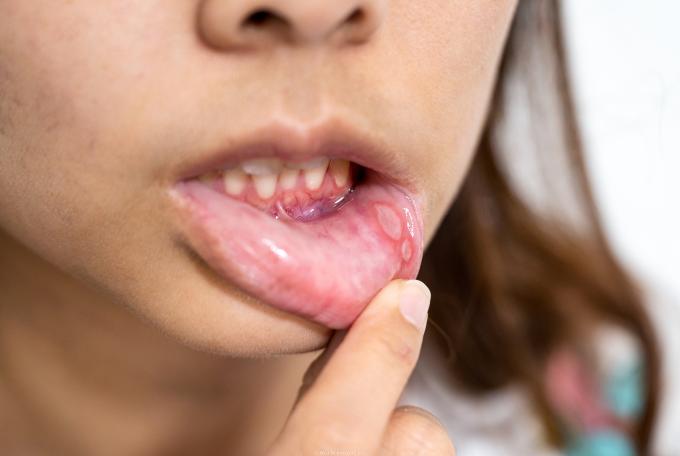
What is oral lichen planus?
This is a chronic inflammatory disease of the skin and mucous membranes that affects around 1% of the population, characterised by abnormal keratinisation, and generally develops on the inside of the cheeks. However, it is not uncommon to find lichen planus on the lips and gums. Lichen planus is a condition usually caused by a deteriorated psychological state and mood, and it is characterised by irritating purplish-whitish skin inflammation, known as papules.
Lichen planus can be found on any part of the body, but it usually develops on the oral or genital mucosa. In the vast majority of cases, lichen planus is usually benign, but it is important to consult a dermatologist in order to look for possible viral or liver infections that could lead to uncontrolled development of the disease. Lichen planus affects women more frequently, at an average age of between 30 and 60 years. An outbreak may last for several years if it is not treated in time. In the most serious cases left untreated, the disease can escalate to become a cancer of the mouth, or affect other parts of the body, causing more serious disorders.
The different types of oral lichen planus
There are three common typical forms of lichen planus, diagnosed by a doctor after observation and biopsy :
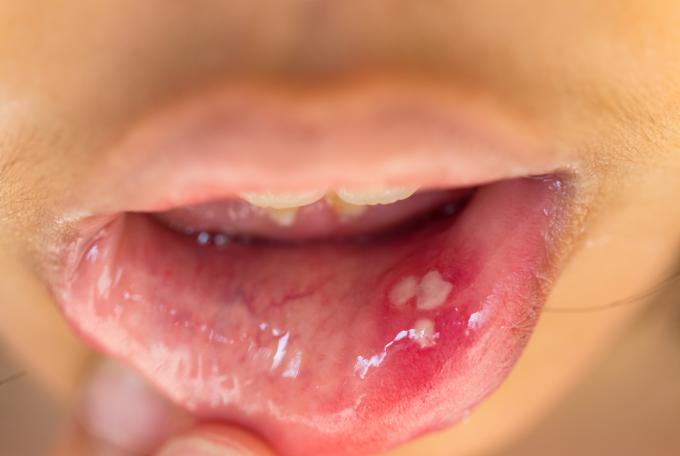
Reticular form
-
Lacy, whitish lesions, or red and purplish patches. Usually not painful.
Erosive form
-
Painful (bright) red patches on the tongue and cheeks. Very uncomfortable for the patient, as this causes severe pain when chewing food.
Atrophic form
-
Development of oral lichen planus on the gums, tongue and cheeks, causing irritation. May cause tongue depapillation resulting in loss of taste.
What you should know
Lichen planus is neither contagious nor hereditary. There are several types of lichen planus and the disease can also develop around the genital area or around the nails, body hair or head hair.
Symptoms of oral lichen planus
For a doctor or dermatologist, oral lichen planus has features that are easily recognisable.
Itching
The patient may experience itching, widespread skin rash, "burning mouth" syndrome, red and purplish wounds on the mucous membranes, and pain.
Ulcers and spots
It is common to find mouth ulcers and spots during onset of oral lichen planus. In cases where lichen planus is not treated in time, the infection may extend beyond the mouth and enter the nasal passages or the oesophageal system.
Development of the disease
In the long term, the disease can progress to malignancy and cause major disorders such as liver damage or cancer.
Where does oral lichen planus come from?
No expert is completely sure about the origin of the disease. But it is potentially caused by the body reacting to a psychological or emotional shock, in which the immune system is thought to be providing an autoimmune response.
In some cases, lichen planus can be associated with aggravating factors such as the presence of diabetes, arterial hypertension, hepatitis C, colitis or an allergic reaction to certain additives or drugs containing gold salts or sulfonamides . Stress can also be the source of the development of lichen planus.
Prevention and treatment of oral lichen planus
When there is an obvious cause, it is obviously important to treat it: anti-fungal treatment for a fungal infection, avoiding allergens in contact dermatitis

Healthy lifestyle
A healthy lifestyle under supervision and good eating habits can avoid the onset of lichen planus. It is strongly recommended that smoking and excessive consumption of spicy foods should be avoided, teeth and gums should be brushed regularly and meditation can be practised in order to manage sources of stress, which are harmful to the body.
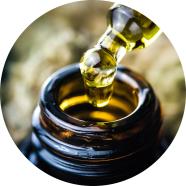
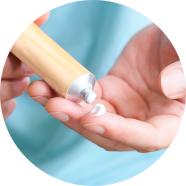
Topical corticosteroids and antihistamines
When a patient is affected by this disease, the doctor may prescribe topical corticosteroids, or if the symptoms prove to be more severe, antihistamines. If you notice any worrying symptoms that may make you think that you are developing oral lichen planus, consult your primary care doctor or a dermatologist immediately, who will refer you for appropriate treatment. Lichen planus should be treated as soon as possible, as it does not disappear by itself.



